Introduction
A healthy diet is the cornerstone of overall well-being. It’s not just about eating to satisfy hunger; it’s about fueling our bodies with the right nutrients to thrive physically, mentally, and emotionally. In this comprehensive article, we’ll delve into the profound impact of a healthy diet on our health, exploring how dietary choices influence various aspects of our well-being.
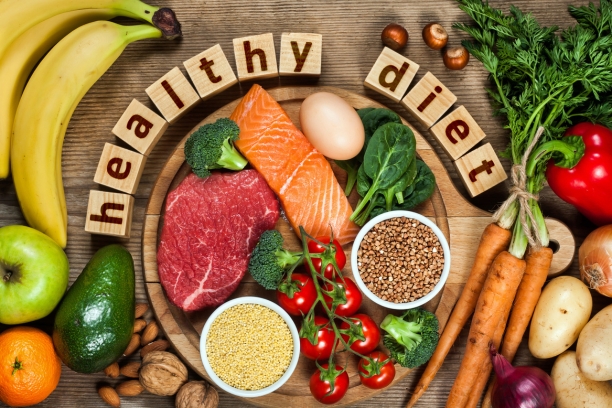
1: The Foundations of a Healthy Diet
1.1 Understanding Macronutrients and Micronutrients
- The role of carbohydrates, proteins, and fats
- Essential vitamins and minerals
1.2 Balancing Your Plate
- The importance of portion control
- Building a balanced meal
1.3 The Role of Hydration
- Why water is vital for health
- Hydration and bodily functions

2: Physical Health Benefits
2.1 Weight Management
- The connection between diet and weight
- Strategies for healthy weight management
2.2 Preventing Chronic Diseases
- Reducing the risk of heart disease
- Lowering the likelihood of diabetes
- Dietary choices and cancer prevention
2.3 Boosting Immunity
- Nutrients that support a strong immune system
- Foods that promote immunity

2.4 Healthy Aging
- How diet affects the aging process
- Cognitive health and nutrition
3: Mental and Emotional Well-being
3.1 The Gut-Brain Connection
- The link between diet and mental health
- Gut-friendly foods for emotional well-being
3.2 Mood and Energy Regulation
- Nutrients that influence mood
- Foods for sustained energy and mental clarity

3.3 Stress Reduction
- Stress-reducing foods
- Mindful eating practices
4: Longevity and Quality of Life
4.1 Living Longer and Better
- The impact of diet on lifespan
- Maintaining independence in older age
4.2 Healthy Skin and Hair
- Nourishing your skin from within
- Foods for strong and shiny hair

4.3 Vitality and Energy
- Eating for vitality and increased energy levels
- Fighting fatigue with the right foods
5: Making Sustainable Dietary Choices
5.1 Mindful Eating
- The practice of mindful eating
- Breaking free from emotional eating
5.2 Dietary Sustainability
- The ecological impact of dietary choices
- Plant-based diets and sustainability

5.3 Overcoming Dietary Challenges
- Strategies for maintaining a healthy diet in a busy world
- Coping with dietary restrictions
6: Types of diet
- Mediterranean Diet: This diet is based on the traditional eating patterns of countries bordering the Mediterranean Sea. It emphasizes fruits, vegetables, whole grains, legumes, nuts, and olive oil, with moderate consumption of fish, poultry, and dairy, and limited red meat intake.
- Vegetarian Diet: Vegetarians avoid meat but may consume dairy and eggs. There are different types of vegetarian diets, including lacto-vegetarian (includes dairy), ovo-vegetarian (includes eggs), and vegan (excludes all animal products).
- Vegan Diet: Vegans avoid all animal products, including meat, dairy, eggs, and sometimes even honey. They rely on plant-based foods for their nutrition.
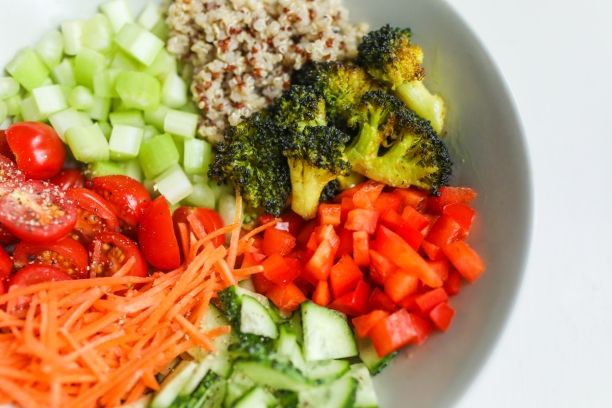
- Ketogenic (Keto) Diet: The keto diet is low in carbohydrates and high in fats, forcing the body into a state of ketosis, where it burns fat for energy. It typically includes foods like meat, fish, non-starchy vegetables, and healthy fats.
- Paleolithic (Paleo) Diet: The paleo diet attempts to mimic the diet of our hunter-gatherer ancestors. It focuses on whole foods such as lean meats, fish, fruits, vegetables, nuts, and seeds while excluding processed foods, grains, dairy, and legumes.
- Low-Carb Diet: This diet restricts carbohydrate intake, often for weight loss purposes. Popular low-carb diets include Atkins and South Beach. They prioritize protein and fats over carbs.
- Low-Fat Diet: Low-fat diets reduce fat intake, particularly saturated and trans fats, to help lower cholesterol and reduce the risk of heart disease. They often include lean proteins, fruits, vegetables, and whole grains.
- DASH Diet: The Dietary Approaches to Stop Hypertension (DASH) diet is designed to lower blood pressure. It emphasizes fruits, vegetables, whole grains, lean proteins, and low-fat dairy while limiting sodium intake.
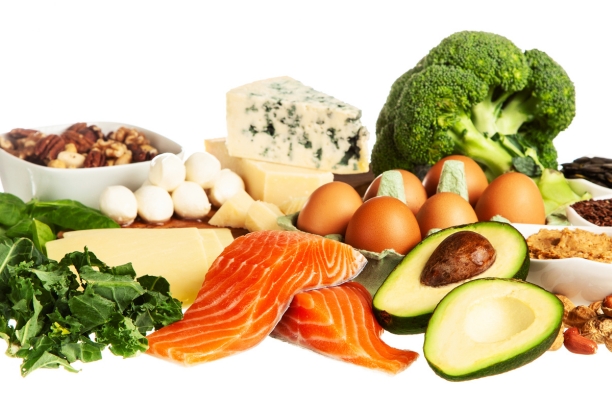
- Intermittent Fasting: This is not a specific diet but an eating pattern. It involves alternating periods of fasting and eating. Common methods include the 16/8 method (fasting for 16 hours and eating during an 8-hour window) and the 5:2 method (eating normally for 5 days and drastically reducing calorie intake for 2 non-consecutive days).
- Gluten-Free Diet: People with celiac disease or gluten sensitivity avoid gluten-containing grains like wheat, barley, and rye. They rely on gluten-free grains like rice, corn, and quinoa.
- Flexitarian Diet: This is a flexible approach to eating that encourages mostly plant-based foods but allows for occasional consumption of meat and animal products.
- Weight Watchers (WW) or Points-Based Diets: These programs assign point values to foods, and individuals are allotted a certain number of points per day. They promote portion control and balanced eating.
- Carnivore Diet: An extreme diet where individuals primarily consume meat, often excluding all plant-based foods. It’s controversial due to its limited variety and potential health risks.
- Raw Food Diet: This diet involves consuming uncooked and unprocessed foods, such as fruits, vegetables, nuts, and seeds. Advocates believe that cooking destroys nutrients and enzymes.
- Rajsik Diet:
- Definition: The Rajsik diet is characterized by the qualities of passion, activity, and restlessness. It is more indulgent and stimulating than the Satvik diet.
- Characteristics:
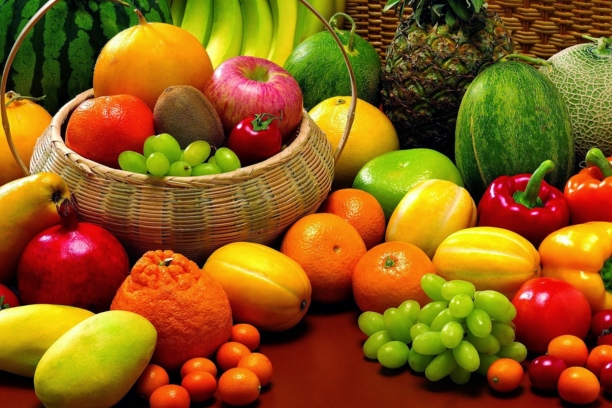
- Spices and Flavors: Rajsik foods are known for their rich flavors and use of aromatic spices. They may be moderately spicy and often include garlic and onions.
- Variety: This diet includes a wide range of foods, including some that are considered indulgent or heavy, like fried items and certain meats.
- Stimulants: Unlike the Satvik diet, the Rajsik diet may include stimulants like coffee and strong tea.
- Benefits: While the Rajsik diet is not considered as spiritually pure as the Satvik diet, it can provide energy and sustenance for those engaged in active lifestyles or physical exertion.
- Satvik Diet:
- Definition: The Satvik diet is considered the purest and most spiritually beneficial diet in Indian philosophy, particularly in yoga and Ayurveda. It is rooted in the principle of promoting clarity, calmness, and spiritual growth.
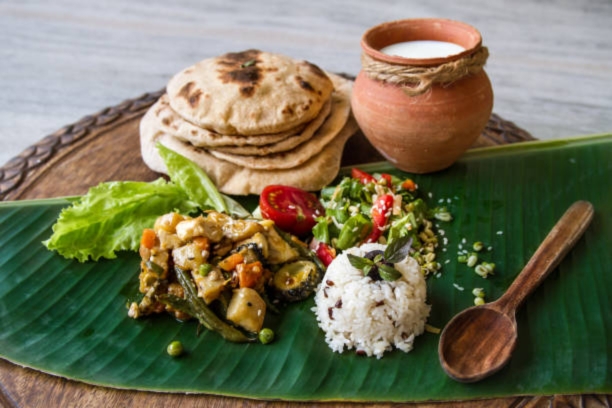
- Characteristics:
- Fresh and Natural: Satvik foods are fresh, natural, and minimally processed. They are typically grown without the use of chemical fertilizers and pesticides.
- Light and Simple: The diet is light and easy to digest, emphasizing foods that are gentle on the stomach and don’t cause heaviness or lethargy.
- Plant-Based: A Satvik diet primarily consists of plant-based foods, including fruits, vegetables, whole grains, nuts, seeds, and dairy products (preferably in their purest form).
- Avoidance of Stimulants: Foods that are overly spicy, excessively salty, or stimulating (like caffeine and alcohol) are avoided in a Satvik diet.
- Benefits: It is believed that a Satvik diet promotes mental clarity, emotional stability, and spiritual growth. It is often followed by individuals pursuing meditation and yoga practices.
- Tamasic Diet:
- Nature: The Tamasic diet is considered the least pure and balanced. It is associated with qualities of inertia, darkness, and ignorance.
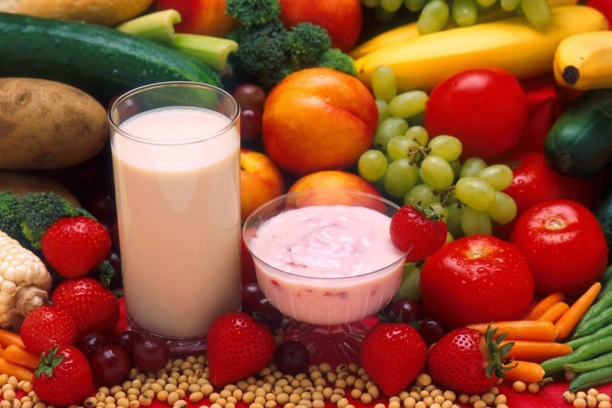
- Foods: Tamasic foods are heavy, dull, and often spoiled. They include overcooked or reheated dishes, alcohol, highly processed foods, and substances like tobacco and recreational drugs.
- Preparation: Tamasic foods are typically prepared with excessive amounts of oil, spices, and artificial flavorings.
- Effects: It is believed that Tamasic foods can lead to lethargy, mental confusion, and a lack of clarity. They are often discouraged for those seeking spiritual growth.
Conclusion
In conclusion, the impact of a healthy diet on our health is profound and far-reaching. It affects not only our physical well-being but also our mental and emotional states. A healthy diet can enhance longevity, boost energy levels, and significantly improve our quality of life. By making informed dietary choices and adopting a mindful approach to eating, we can unlock the full potential of a healthy diet for our overall health and well-being.




